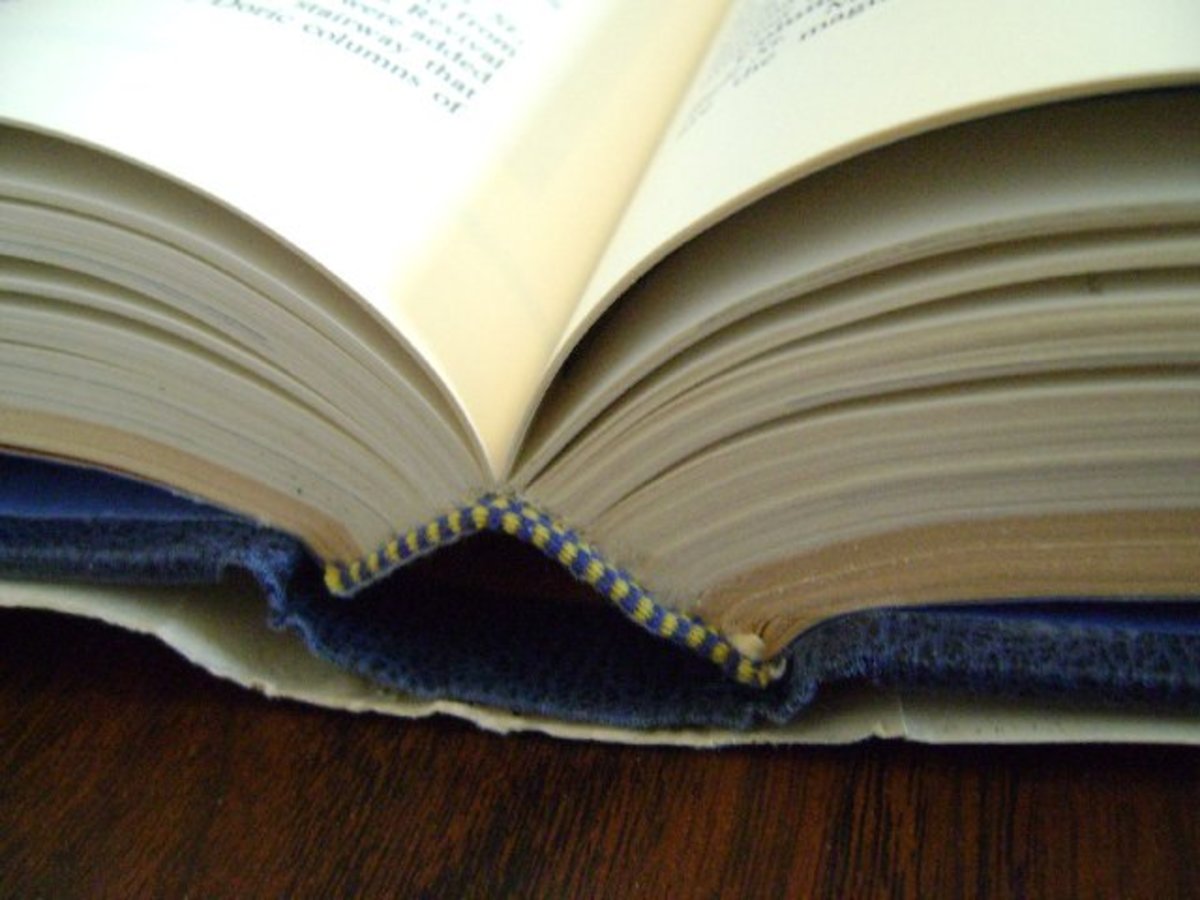How to take care of your books

If you love your books, you have to care for them
Some of use do have bigger or smaller collections of books. But the books can get damaged by vermin, acid, moisture, or simple bad habits of storage. In order to keep our books safe and useful for both us and future generations, each one of use should follow some rules regarding taking care of our books.
Because I study librarianship I do know few things about book storage, and I want to share them with you.
No writing
It's funny how many people still use to write on their books, making side notes on margins, or underlining words, phrases or even whole paragraphs. If you care of your books, never write on them.
In Ancient world and in Medieval times scribes and owners used to make notes in their books, writing about their feelings during copying the book, or even simpler things like what they used to drink during copying process. Today these notes possess important historic value. But at the same time, writing in new books is just wrong.
Reasons for that are simple - you're lowering the value of the book, if you will decide to sell it one day, because of the notes or underlines you won't be able to get high price for it. Also, esthetic values come to play, a book with hand notes on its margins or underlines doesn't look nice.
No gluing, nor pasting
It might sounds weird, but if your book will fall to pieces and instead of single book, you will have few hundreds of leafs with text on them, you cannot just glue them together or use Scotch tape.
Normal glue or classic Scotch tape contains substances that will weaken the paper, dry it and literally destroy it, not mentioning the simple fact that in reality they won't hold for too long and within few weeks, maybe months you will end up with destroyed book again. The way to repair the books is to take it to professional binder who will bind it again.
How to repair the book?
If you can't afford binder (who is in reality cheap), you can use other methods of keeping leafs together. For example, you can take two cardboard plates and rope them, placing the book between plates. Or you can put the book inside a folder. Still, the best way to repair the book is taking it to a binder. He will take all leafs together and bind them using old binding methods, giving them nice hardcover.
If the paper itself is damaged by acid, rooting food or moisture, instead of binder look for professional book conservator. His service is much more expensive, but sometimes it's worth to pay in order to save important book.
Some libraries are using special equipment and devices to glue books, but such machines are expensive, costing between $8 to $16 thousand dollars.
Storage and transport
When transporting or storing, use small containers made of acid-free materials like alkaline corrugated cardboard. Use small containers, because it reduces the amount of stress your books undergo during storage.
Storage area as well as library area should be cool, dark, vermin-free place, not susceptible to water, moisture or moldd accumulation. Therefore, do not store books in attics, basements, bathrooms, areas near heating units or near plumbing pipes. A place of storage should be well air-conditionated as well.
If you're not storing books but they're placed in your library, keep the room cool, aired, also use curtains for your windows to limit the amount of natural light coming in.
Other small things
No bending
Many people used to bend pages to mark where they stopped reading, in order to start from that place next time. This practise is definitely wrong because it destroys the paper. If you want to mark where you finished, use bookmarks or ribbons attached to books, do not bend pages.
No moistening
One of the bad things kids learn in school is that in order to flip the page easier it's good to moisten a finger. Such practise is another example of how books can be easily destroyed. Saliva is a substance that destroys the paper. For flipping pages, use only dry fingers.
No eating
This is another example of simple thing not many people are aware of. When reading a book, do not eat - pieces of food inside of book will begun to rot, attracting bugs and bacteria that will destroy paper. Not mentioning that stains of sauce does not look nice on paper :).
Very small things
Finally, here are some very small things you should keep in mind if you want your books to serve you and your kids for many, many years.
- Do not use wet cloth to wipe up books of dust - Moisture will get between leafs of books, weakening them and in result - destroying the paper.
- Place the books upright - a book should not lay on its back or spine, but should stand upright, no matter if it's standing on shelf or in storage box. Not placing the book upright will results in deformations of paper. Laying books flat and stacked on top of each other should never be done.
Get a reading
The following book by Jane Greenfield is probably the best resource for everyone who would like to learn a bit about handling books, protecting them from fire, water, thieves and other potential dangers that might happen to our library. I strongly recommend buying it to everyone who doesn't want to see his or her book destroyed.
Go and take care of your books
Now with new knowledge go and see if your books are safe. If not, apply what you have learned as soon as possible In addition, go and learn how to manage your library as well.









